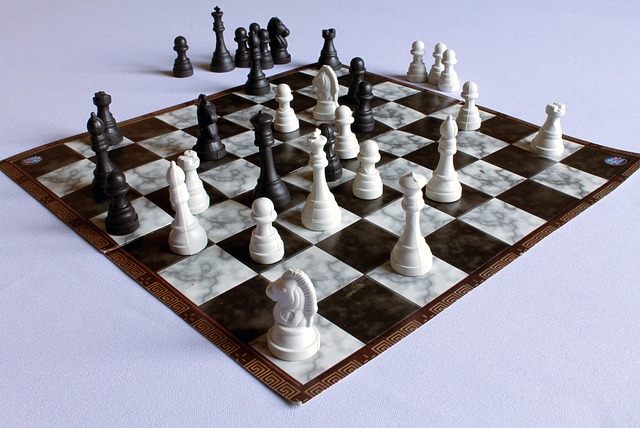Unveiling the Power of Intuitive Reasoning: Bridging Science and Modern Philosophy
In our complex world, the interplay between intuitive reasoning, science, and modern philosophy shapes our understanding of reality. As we navigate through diverse experiences, we often rely on our intuition—the instinctive understanding that feels both innate and enlightening. This ability to just know” is increasingly recognized not just as a cerebral exercise, but as a profound source of insight bridging the gap between empirical evidence and philosophical thought.
The Science Behind Intuitive Reasoning
Science, at its core, is about observation, experimentation, and validation. Yet, within this rigorous structure lies a fascinating relationship with intuitive reasoning. Researchers in cognitive psychology explore how our brains assess and make decisions at lightning speed, often relying on gut feelings. These instinctive responses can lead to remarkable conclusions, sometimes even outperforming analytical reasoning in specific scenarios.
Take, for instance, the realm of medical diagnosis. Physicians often rely on their intuition when assessing a patient’s condition. This intuitive reasoning, honed over years of experience, allows them to grasp subtle cues that may not be immediately evident through scientific analysis alone. Such insights highlight the synergy between established scientific principles and the intuitive knowledge that resides in our subconscious, demonstrating that sometimes, feelings can lead to fundamental truths.
Modern Philosophy and Intuition
As we delve into modern philosophy, the conversations around intuitive reasoning become even more intriguing. Philosophers like Daniel Kahneman have examined how our intuitive systems operate, synthesizing findings from psychology and behavioral economics. His work emphasizes the significance of our intuitive judgments in moral reasoning and decision-making processes, suggesting that our intuitive responses can often illuminate ethical dilemmas in ways pure logic might overlook.
Furthermore, the philosophy of pragmatism encourages us to embrace our innate sensibilities as a critical way of knowing the world. By valuing intuitive reasoning, we open our minds to a more holistic understanding of knowledge, one that honors both scientific rigor and subjective human experience. This dual approach invites us to question the often rigid constraints of traditional scientific methods and engage more deeply with how our personal truths inform our larger understanding of existence.
The Interconnectedness of Intuition, Science, and Philosophy
As we explore the rich landscape where intuitive reasoning, science, and modern philosophy converge, it becomes evident that each domain enriches the others. Scientific insights challenge philosophical doctrines, while philosophical inquiry can guide scientific exploration. This interconnectedness serves as a reminder that our journey to understanding is not merely a solitary path of reason but a vibrant tapestry woven from intuition and empirical evidence.
In an age where data-driven decisions dominate our lives, acknowledging the value of intuition opens up a broader dialogue about the nature of knowledge itself. Whether we are scientists, philosophers, or simply individuals seeking to understand our surroundings, embracing our intuitive capabilities empowers us to bridge the gaps that divide seemingly opposite realms. As we unlock the potential of intuitive reasoning, we pave the way for a more integrated and profound connection to both the world of science and the intricate fabric of philosophical thought.




